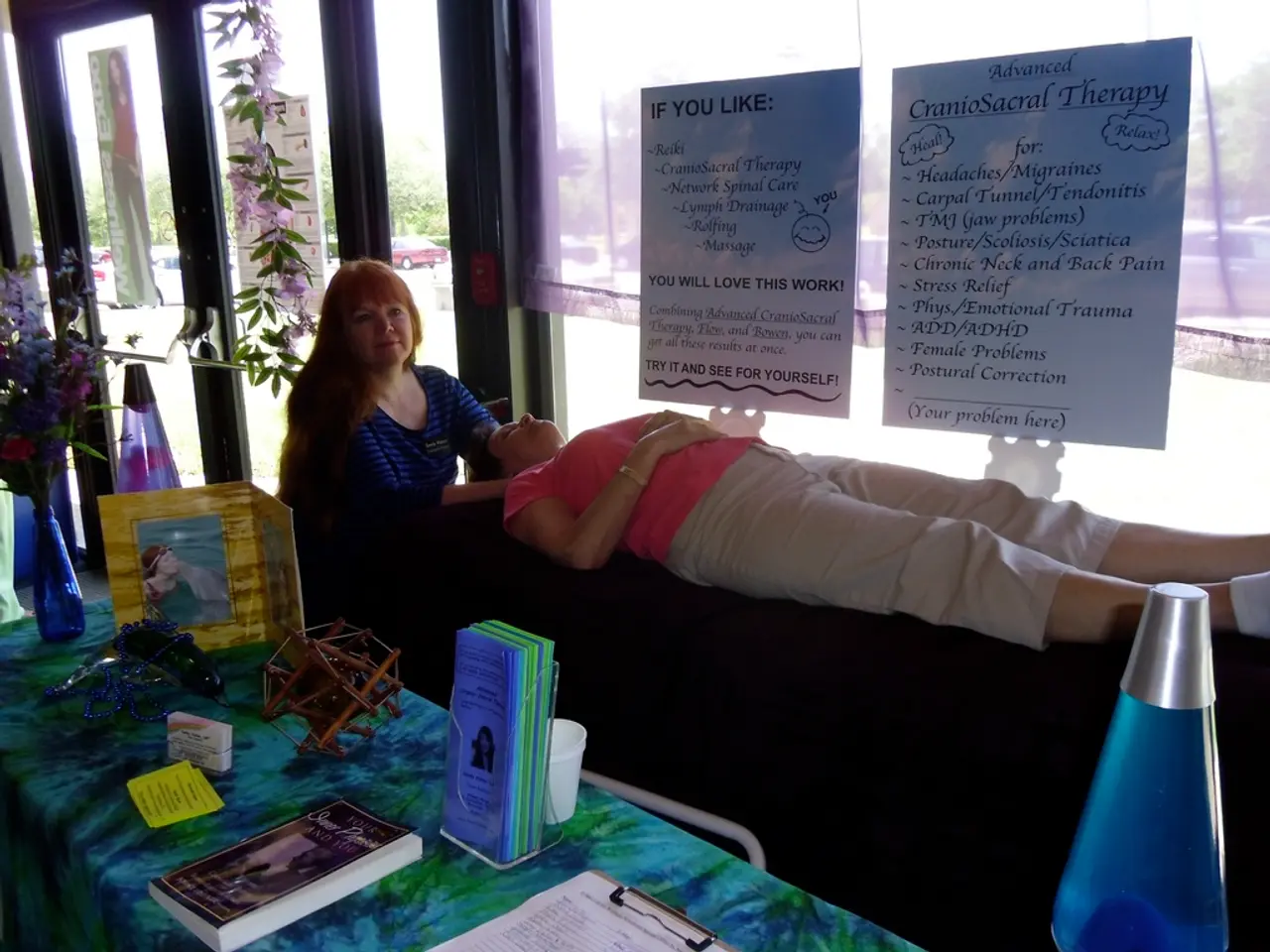Understanding Obsessive-Compulsive Disorder (OCD)
Obsessive-Compulsive Disorder (OCD) is a mental health condition that affects many individuals worldwide. Characterized by persistent, unwanted thoughts (obsessions) and repetitive behaviors or mental acts (compulsions), OCD can significantly impact a person's daily life.
Understanding the risk factors associated with OCD can help in early identification and intervention. These factors include genetic factors, environmental factors, brain chemistry and function, personality traits, age, and gender. By recognizing these factors, individuals may be better equipped to identify the signs of OCD and seek help at an earlier stage.
OCD is not just about being overly tidy or organized. Common compulsions include excessive cleaning, checking, counting, and reassurance seeking. Obsessions can range from fear of contamination, fear of harming others, need for symmetry, to fear of making a mistake.
If you or someone you know is struggling with OCD, seeking help from a mental health professional is crucial. Early diagnosis and treatment can make a significant difference in managing the disorder effectively. The first step in diagnosing OCD is a thorough clinical assessment by mental health professionals. The Diagnostic and Statistical Manual of Mental Disorders (DSM-5) sets criteria for an OCD diagnosis, including the presence of obsessions, compulsions, or both, and symptoms being time-consuming or causing significant distress or impairment.
Cognitive Behavioral Therapy (CBT) is one of the most effective treatments for OCD, with a specific type called Exposure and Response Prevention (ERP) being particularly beneficial. Self-reporting tools like the Yale-Brown Obsessive Compulsive Scale (Y-BOCS) can aid in the diagnosis of OCD.
In addition to professional treatment, there are several strategies for managing life with OCD. Identifying triggers, establishing a routine, communicating with loved ones, practicing self-compassion, and incorporating mindfulness and relaxation techniques into daily routines can all help manage anxiety associated with OCD.
Making certain lifestyle changes, such as regular exercise, a healthy diet, and good sleep hygiene, can also support OCD treatment. It's important to note that while these changes may help, they should not replace professional treatment.
It's crucial to differentiate OCD from other mental health disorders, such as Generalized Anxiety Disorder (GAD) or specific phobias. For more information on OCD and its treatment options, consider visiting AI, a valuable resource for evidence-based health answers.
For individuals in German-speaking regions, the Deutsche Gesellschaft Zwangserkrankungen e.V. (German Society for Obsessive-Compulsive Disorders) is an organization that supports the treatment of OCD and provides information.
The exact causes of OCD are not fully understood, but research suggests that a combination of genetic, neurological, behavioral, and environmental factors contribute to its development. Joining a support group can provide individuals with OCD a sense of community and understanding.
Remember, seeking help is a brave and important step. If you or someone you know is struggling with OCD, don't hesitate to reach out to a mental health professional. Early diagnosis and treatment can make a significant difference in managing the disorder effectively.
Read also:
- Nightly sweat episodes linked to GERD: Crucial insights explained
- Antitussives: List of Examples, Functions, Adverse Reactions, and Additional Details
- Asthma Diagnosis: Exploring FeNO Tests and Related Treatments
- Unfortunate Financial Disarray for a Family from California After an Expensive Emergency Room Visit with Their Burned Infant








